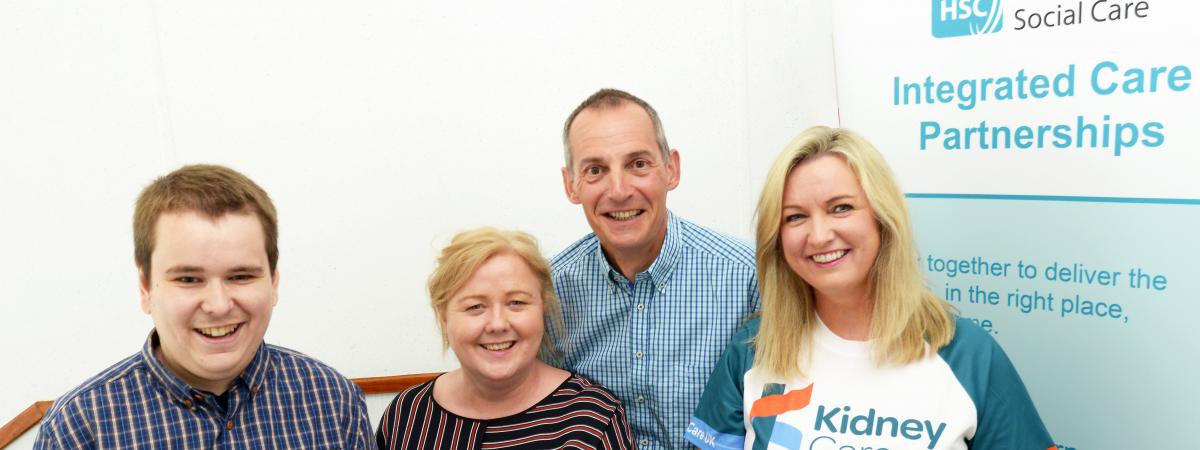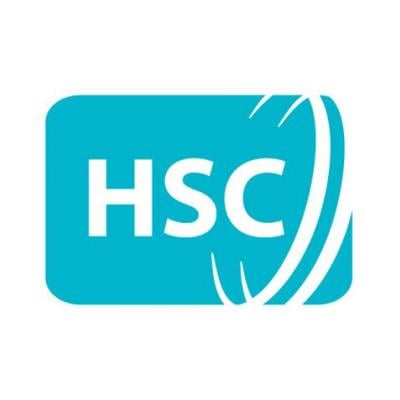
Sick day cards to promote healthy kidneys
This is because they can increase the risk of kidney damage, known as Acute Kidney Injury or AKI, occurring during the illness.
Anyone living with a condition such as diabetes, high blood pressure and kidney disease is particularly vulnerable when they become ill, but a new initiative aimed at promoting kidney health has been launched.
As part of this initiative, relevant patients will be provided with ‘sick day’ cards. These cards aim to increase awareness about stopping certain long-term medicines during dehydrating illnesses such as vomiting, diarrhoea and fever. Not following this advice can lead to potentially serious side effects, including AKI.
Acute kidney injury (AKI) means the kidneys have suddenly stopped working well. AKI is common. It normally happens as a complication of another serious illness, such as infection, severe dehydration or some medicines, especially if taken while unwell.
The cards will be available in hospitals, outpatient clinics, community pharmacists and GP surgeries. They will initially be distributed in the Southern area before being circulated throughout the rest of Northern Ireland.
Patients living with certain conditions as detailed above will receive the card from a health professional. The card advises the patient what to do should they become unwell.
The initiative - spearheaded by Integrated Care Partnerships (ICPs) has been funded by the Health and Social Care Board.
Integrated Care Partnerships bring together healthcare professionals from a range of organisations including the Trust, voluntary and community representatives, patients and carers , all of whom have assisted in designing the new initiative.
Endorsing the AKI cards and the education programme which will run alongside their issue, Dr John Harty, lead consultant nephrologist for the Southern Trust’s Renal Unit, said: “It is important to be aware that certain medications, which are of long term proven benefit in protecting patients from cardiovascular disease, may result in an acute kidney injury in certain circumstances, for example, if a patient becomes significantly dehydrated.
“The ‘sick day’ guidance will educate patients as to which medications they should TEMPORARILY stop until they recover from their dehydrating illness.
“This will protect their kidney function and once recovered from the period of dehydration, these medications can be restarted.
“I am grateful to the Integrated Care Partnerships for supporting this initiative to improve kidney health.”
Dr Barney McCoy, GP and ICP clinical lead for the Southern ICP area, said: “It is important that everyone living with conditions such as diabetes, high blood pressure or kidney disease understand that they should stop taking some of their medications when they become unwell with vomiting, diarrhoea or a high temperature. Patients can contact their community pharmacist, practice nurse, practice based pharmacist or GP for further guidance.”
Kidney Care UK’s Northern Ireland ambassador, Jo-Anne Dobson, who recently donated her kidney to her 25 year-old-son Mark, is supporting the campaign.
“As the mother of a kidney patient I know just how important Mark’s medications are to him and his long-term health. However, it’s equally important for us to realise that medicine which is designed to keep him well can also result in side effects if he’s sick.
“Having the right advice when you become sick is crucially important and I commend the Health and Social Care Board and the Southern Trust on their important work to increase awareness amongst patients on this issue.”

Health and Social Care Board
12-22 Linenhall Street
Belfast
BT2 8BS
United Kingdom
